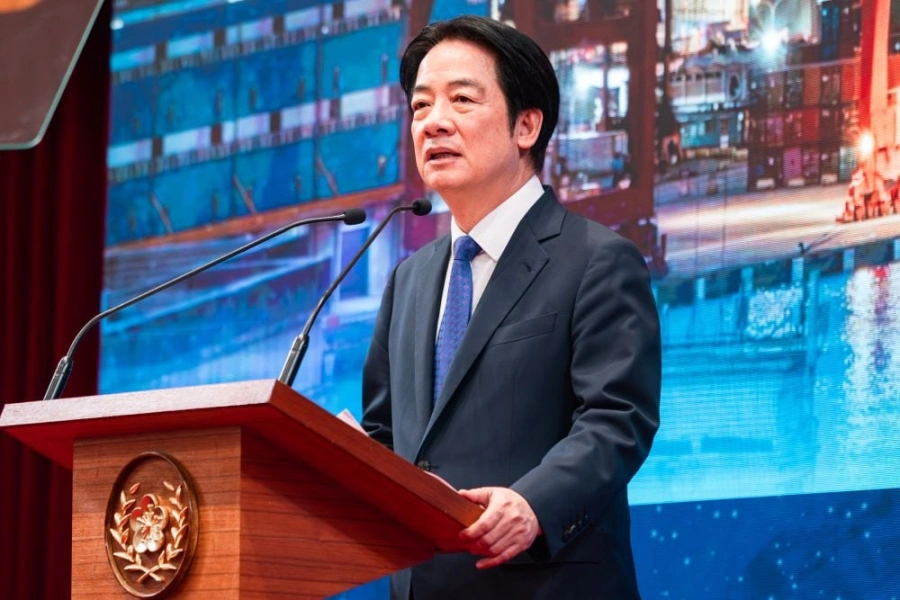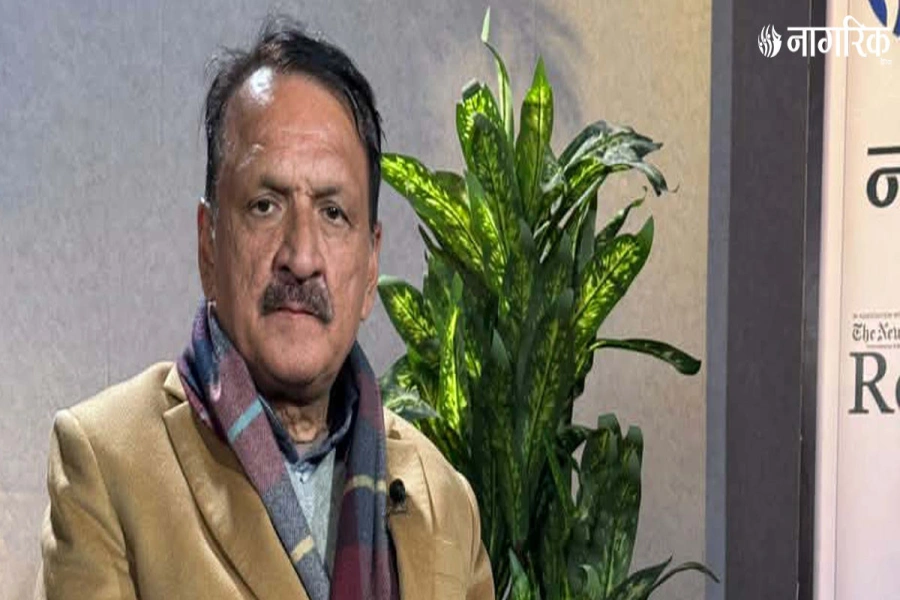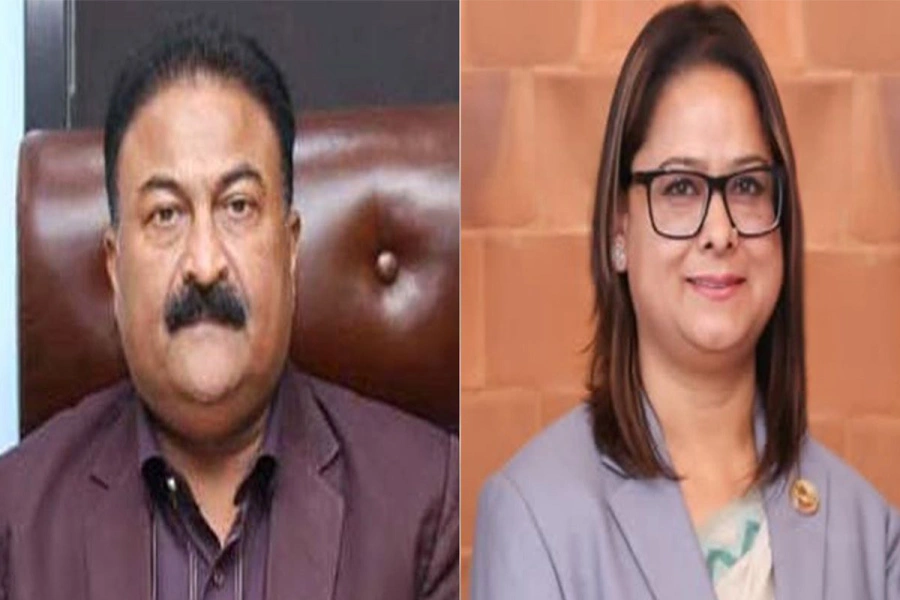British Prime Minister Boris Johnson hopes to sign a free trade agreement with the European Union by the end of 2020. While the EU enjoys a bilateral trade surplus in goods, the UK is far more competitive in the area of services. Johnson wants a majority in parliament to ratify the withdrawal agreement that he negotiated with the EU in October and produce an orderly Brexit on January 31, 2020.
Cooperation for trade

That will lead to an 11-month implementation period and free trade talks with the EU. During this time, a Johnson government will also start trade negotiations with countries like the United States. Given that it enjoys a bilateral trade surplus on goods that it wishes to preserve, the EU will likely accept a deal covering a vast list of goods. However, it could be more challenging to negotiate a free trade deal on services, as the UK is far more competitive in
that area than the rest of the EU.



































